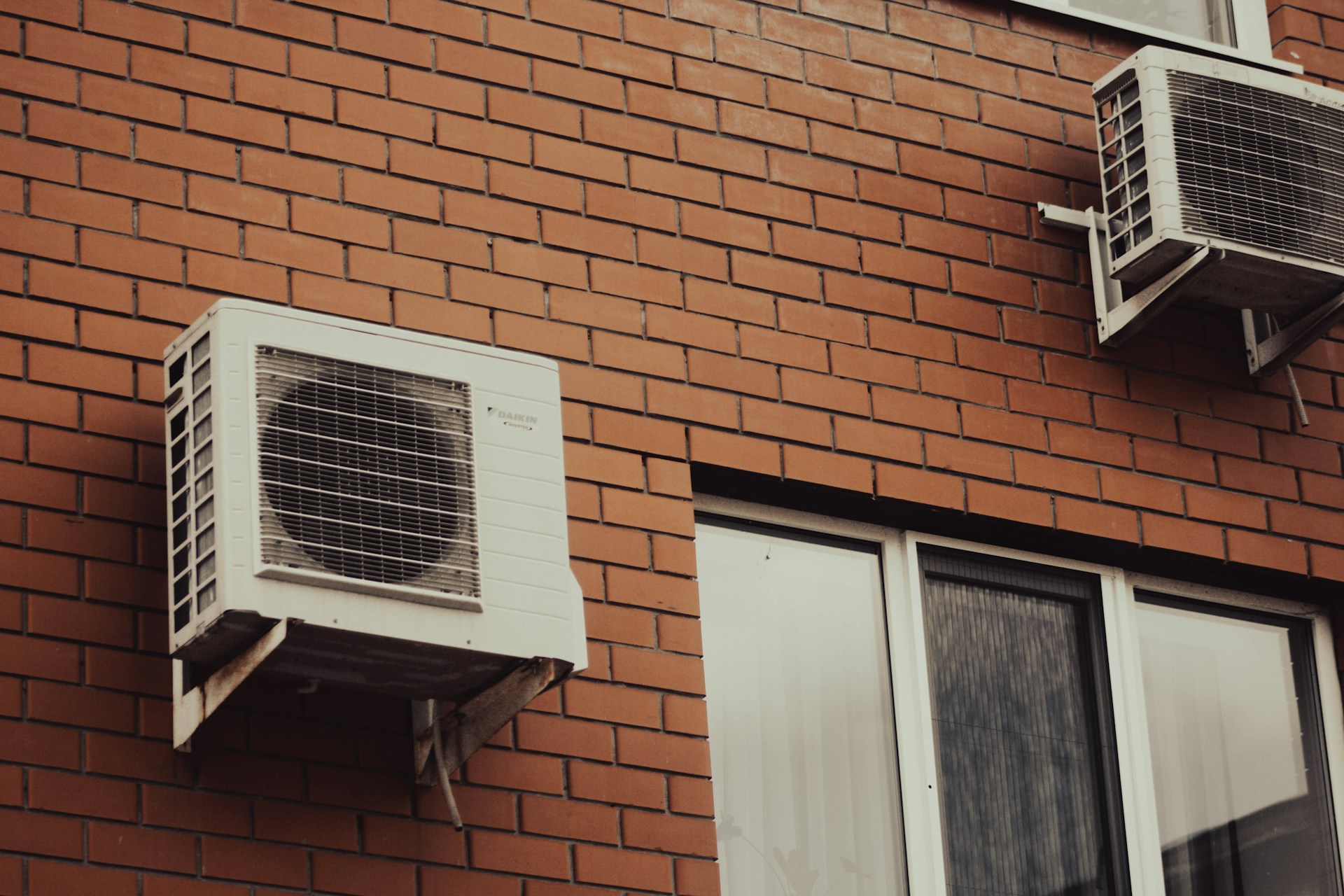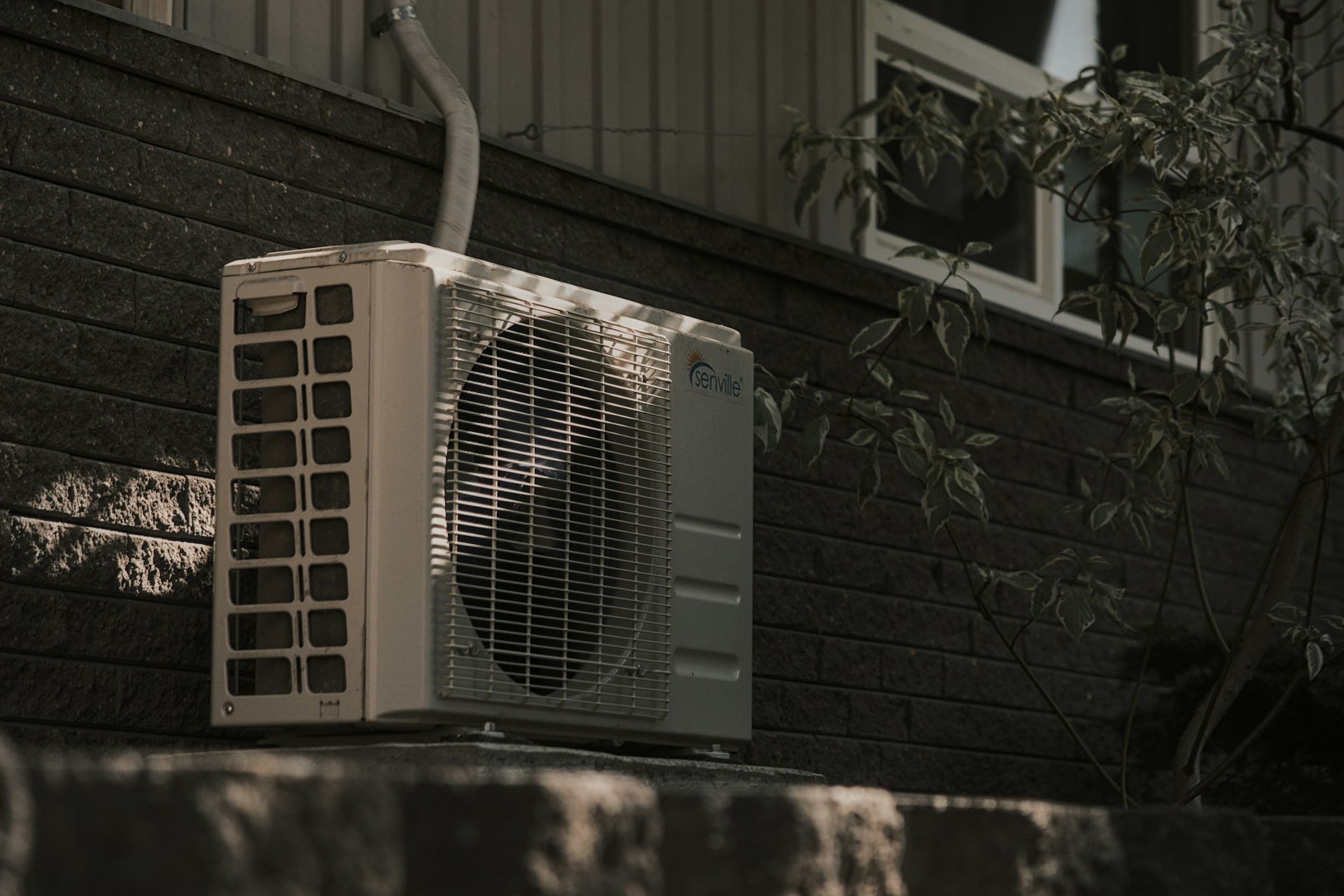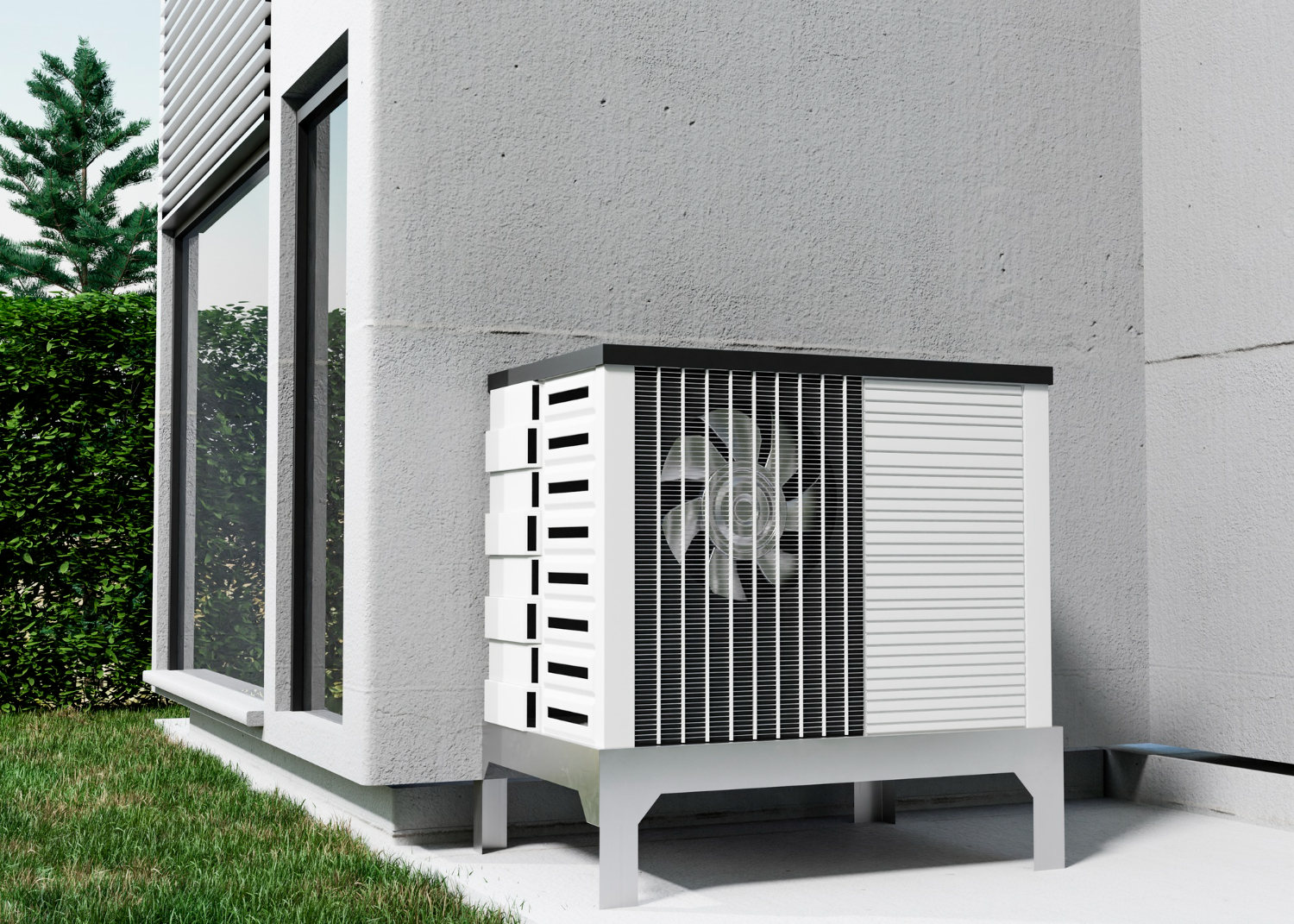Mini split heat pumps have become a go-to choice for homeowners in Lake City looking for efficient heating and cooling in different parts of the house. These systems are especially useful for spaces like garages, additions, or bedrooms where central HVAC systems may not reach as effectively. But one issue that can get overlooked until it becomes a bigger problem is how the system drains water. Good drainage isn’t just a detail, it is a key part of how the unit functions.
When a mini split heat pump has a drainage problem, it often shows up through leaks or reduced performance. Pools of water around the indoor unit, musty smells, or even mold growth are signs that something isn’t right. These issues can be frustrating for homeowners and, if left untreated, may affect both the comfort of your home and the lifespan of the unit. Catching these drainage problems early can save time, money, and hassle.
Identifying Common Drainage Issues
If your mini split heat pump isn’t draining correctly, there are a few likely causes. These drainage problems tend to appear during high-use times, such as the summer months in Lake City when air conditioners are running often. Here are some of the most common reasons drainage systems fail:
1. Blocked or Clogged Drain Lines
Over time, dirt, algae, or even insects can clog the drain line. When the line is blocked, water backs up and may start leaking from the indoor unit. A clogged line is one of the most frequent drainage issues and is usually easy to identify once you know where to look.
2. Improper Installation
If someone installed the unit without setting the right slope for the drainage line or used the wrong materials, it can cause slow or inconsistent drainage. Even a slight misalignment in how the unit sits on the wall can lead to problems with water flow inside the system.
3. Frozen Evaporator Coils
During hot summer days, the evaporator coils work hard to remove heat and humidity from the air. If there’s restricted airflow or low refrigerant, the coils can freeze and then thaw unevenly. This results in extra water buildup that the drainage line may not be able to handle properly.
4. Full Drain Pan
The drain pan is where the condensation collects before being removed through the drain line. If the pan fills up and doesn’t empty, water can spill out of the unit. This could happen from normal wear over time, a cracked pan, or just too much condensation at once.
Identifying these issues quickly helps prevent water damage or poor performance. For example, a homeowner in Lake City once noticed a wet spot on a bedroom wall right where the indoor unit was mounted. It turned out the drain line was clogged with debris, which caused overflow during a stretch of hot, humid days. A service visit cleared the blockage before it turned into a bigger repair job.
Simple Troubleshooting Steps For Homeowners
While some drainage problems need a trained hand, there are a few safe actions homeowners can take that may prevent or reduce the issue:
– Check the drain line exit: Sometimes the area outdoors where the drain line comes out can be blocked by mulch, leaves, or even fire ants. Clearing this area can improve flow.
– Look at the filter: Dirty filters reduce airflow, which can lead to frozen coils and extra condensation. Changing or cleaning filters regularly supports drainage and performance.
– Ensure the unit is level: Even if it was installed properly, walls can shift or settle over time. Use a level to see if the indoor unit is still angled toward the drain side.
– Listen for gurgling or dripping: These sounds often suggest backup in the drain line. If you hear them, it’s a sign to stop using the unit and get it checked.
Avoid opening up any part of the system or pouring anything down the drainage line. These actions might cause more harm than good and make the situation worse. If basic checks don’t solve the issue, it’s time to bring in our professionals for a closer look.
When To Call Our Professionals
If the steps you take don’t resolve the drainage issue or if new symptoms develop, it’s time to bring in our professionals. One major sign is repeated water leakage even after basic checks have been done. This may mean clogging deep within the line or damage to internal components that aren’t visible from outside. Another red flag is water staining or damage around the indoor unit, which suggests the drain system may have been compromised for a while.
Sudden drops in cooling performance or musty odors could also mean the unit isn’t draining properly, allowing moisture to build up. These problems often get worse over time if they’re not diagnosed and fixed quickly. Delaying service may result in costly repairs or even the need to replace system parts.
Our technicians use professional diagnostic tools and knowledge to inspect critical areas without risking further damage. They’ll look beyond the surface and identify underlying causes, whether that is a bent drain line, a leak from a cracked connection, or mold developing inside the unit. By scheduling service as soon as trouble starts, you avoid more serious complications down the road.
Preventive Maintenance For Longevity
One of the best ways to reduce the risk of drainage problems is with regular upkeep. During Lake City’s hotter months, mini split heat pumps tend to work harder. That means drainage systems can get overwhelmed more easily if parts are worn out or blocked. Routine checks help keep performance strong and problems minimal.
Here are three simple maintenance habits that go a long way:
– Clear the surroundings: Keep the outdoor unit and drain exit free from plants, mulch, dirt, and other blockages. This improves both airflow and water flow.
– Wipe down indoor units: Dust and debris build up inside wall units, so gently cleaning the intake vents can help. This also helps filters stay cleaner longer.
– Stay on a maintenance schedule: Plan inspections twice a year, ideally before heading into heavy-use seasons. Trained service helps reveal small issues before they grow bigger.
These small actions can help your system last longer and support better draining, which ties right in with how well your cooling system works overall. It’s especially valuable during hot periods when the unit runs around the clock to maintain comfort.
Keep Your Mini Split Running Smoothly In Lake City
Drainage issues can seem minor on the surface, but they often lead to serious problems when ignored. Water dripping from your indoor unit or leaking onto your floor isn’t just an annoyance, it’s a sign that maintenance is overdue or a part may be failing. Taking quick action can prevent damage to walls, floors, and even your system itself.
If you’re seeing early signs of trouble or just want peace of mind going into warmer weeks, don’t wait for the issue to get worse. A well-draining mini split heat pump plays a big role in keeping your Lake City home comfortable, so keeping it in good working condition is time well spent. Let the small problems stay small by taking steps now to keep everything flowing right.
For homeowners facing drainage issues and aiming to keep their system running efficiently, Lane Heating and Air recommends seeking professional evaluation and prompt repairs. Learn more about maintaining your mini split heat pumps in Lake Cityto ensure reliable performance and minimal disruption, and for a quick estimate or to book a service visit, please contact ustoday.




